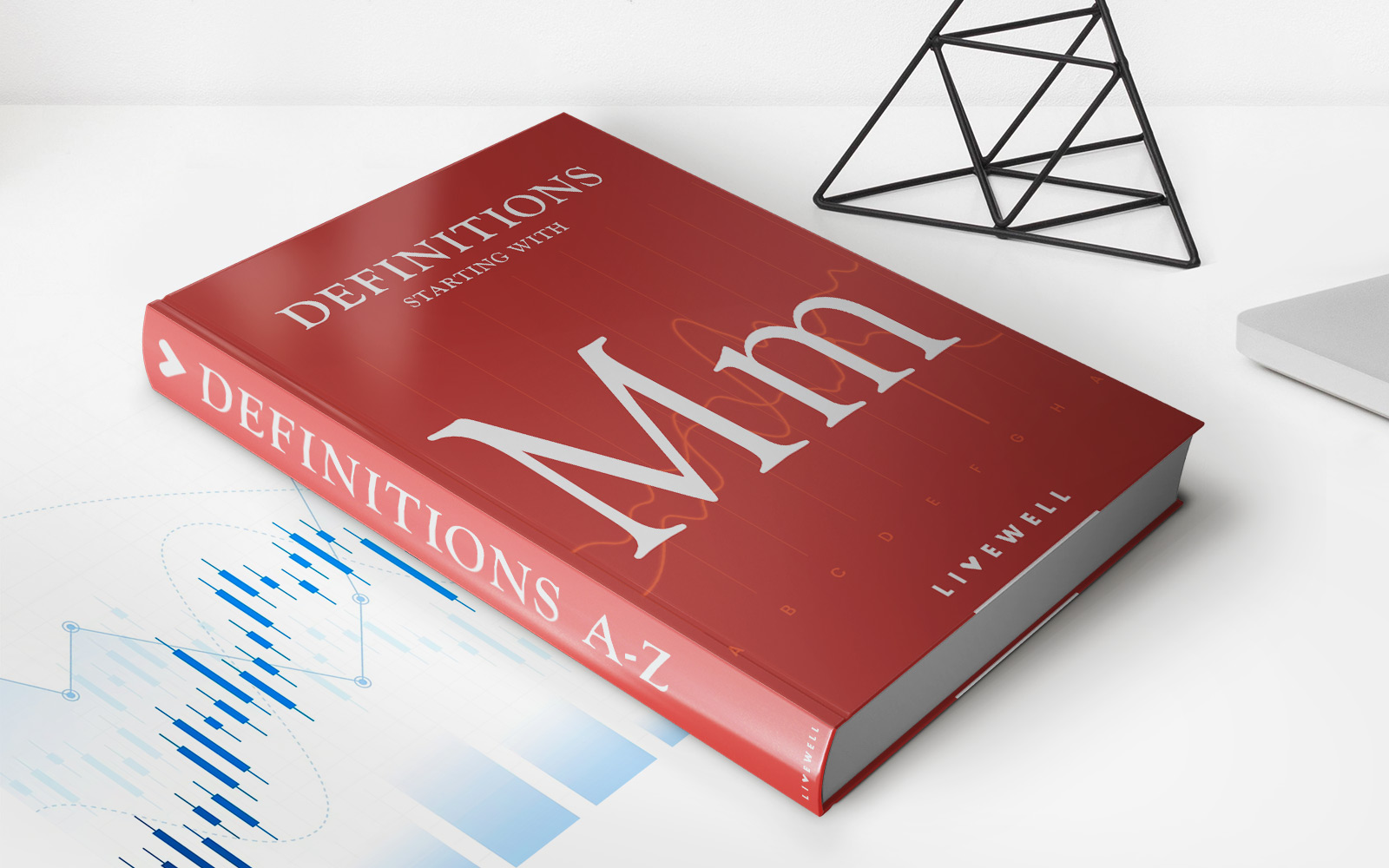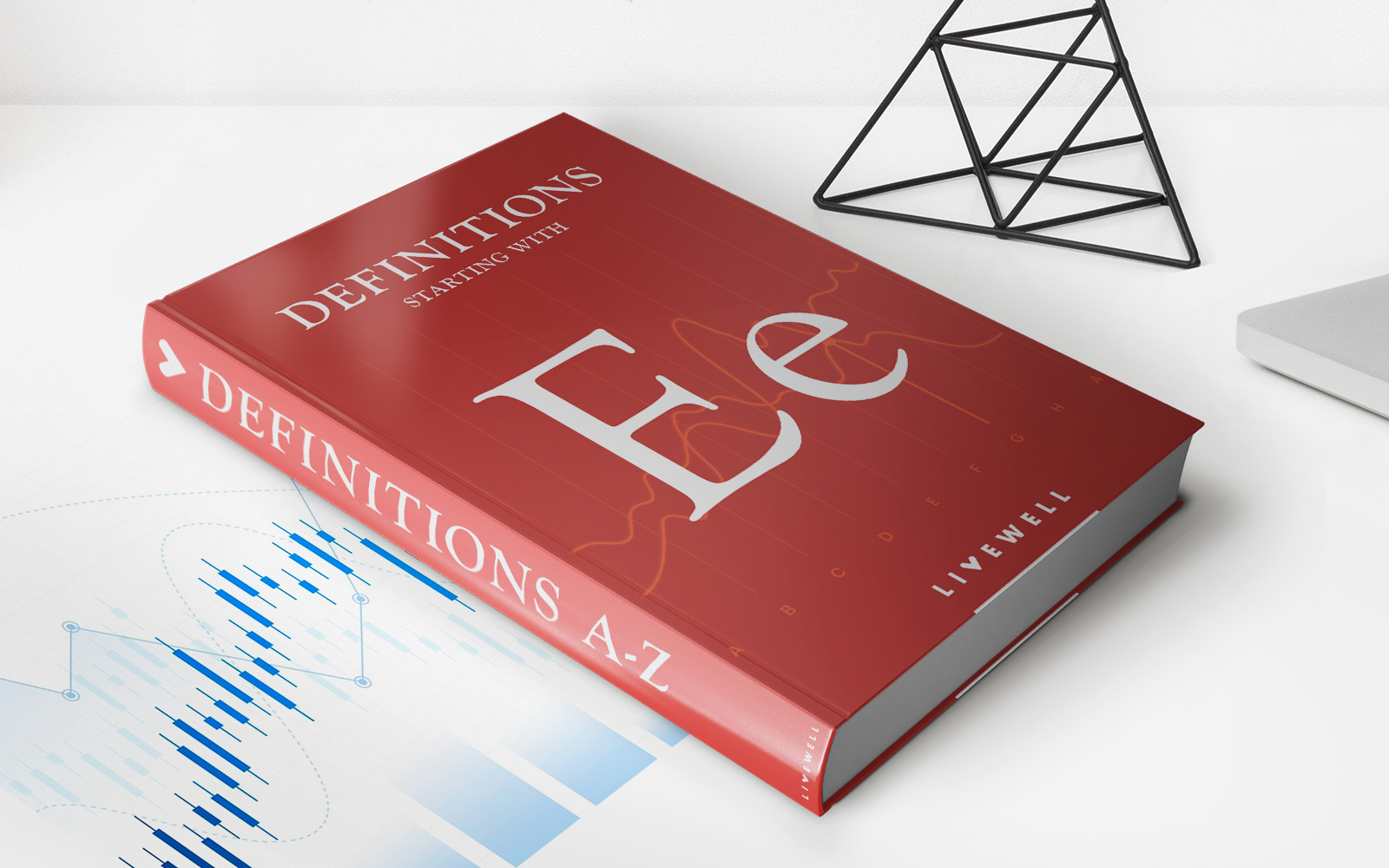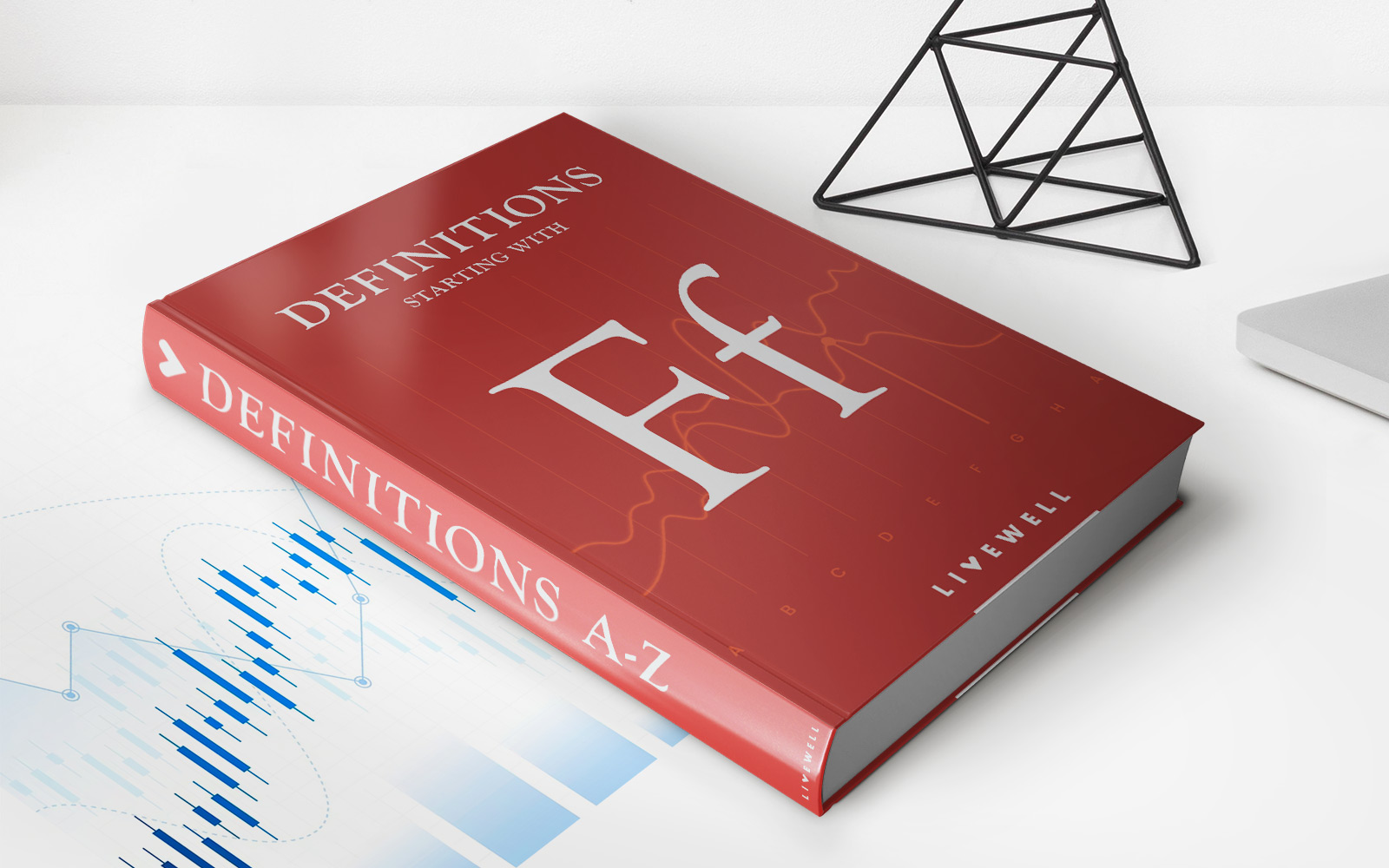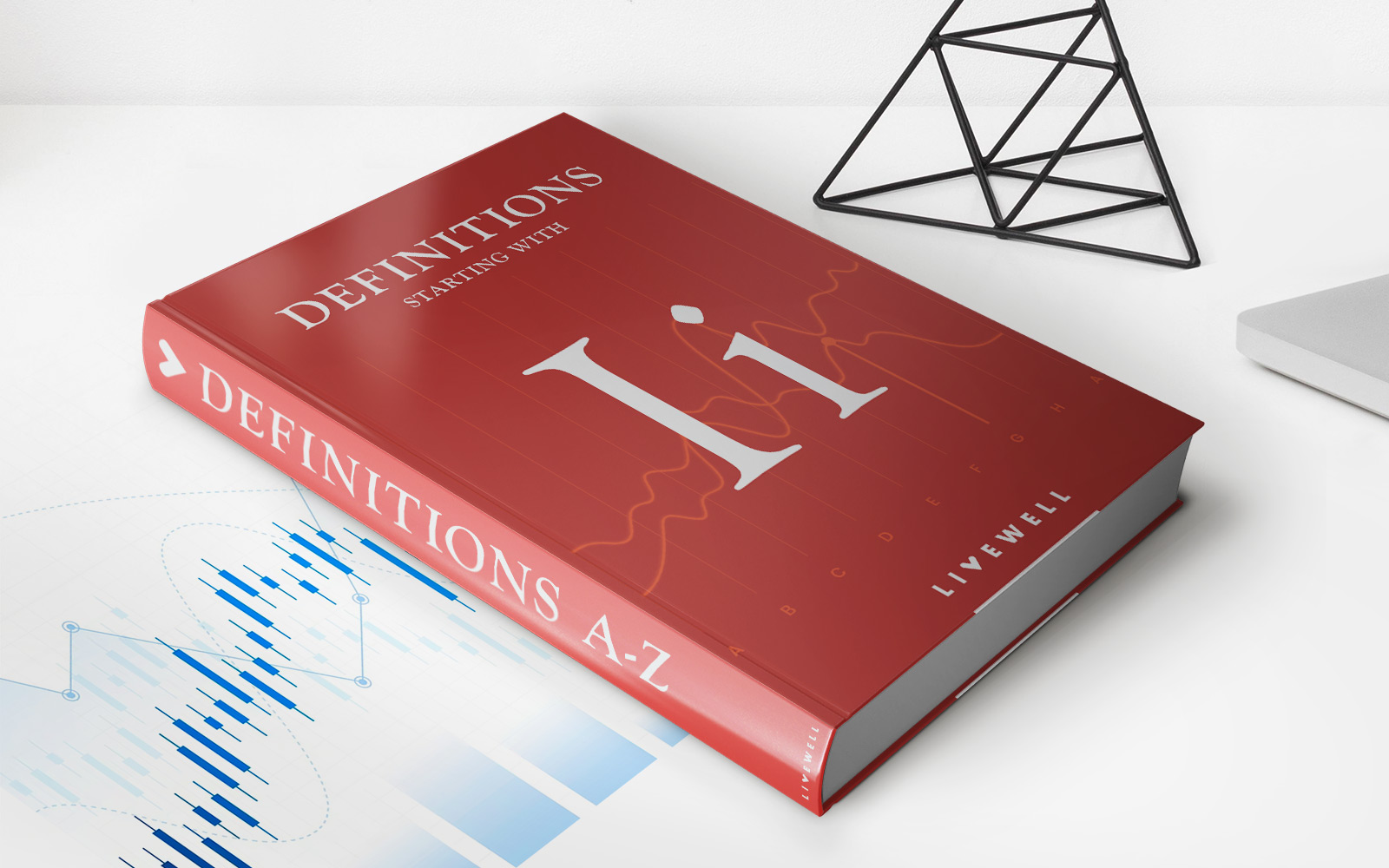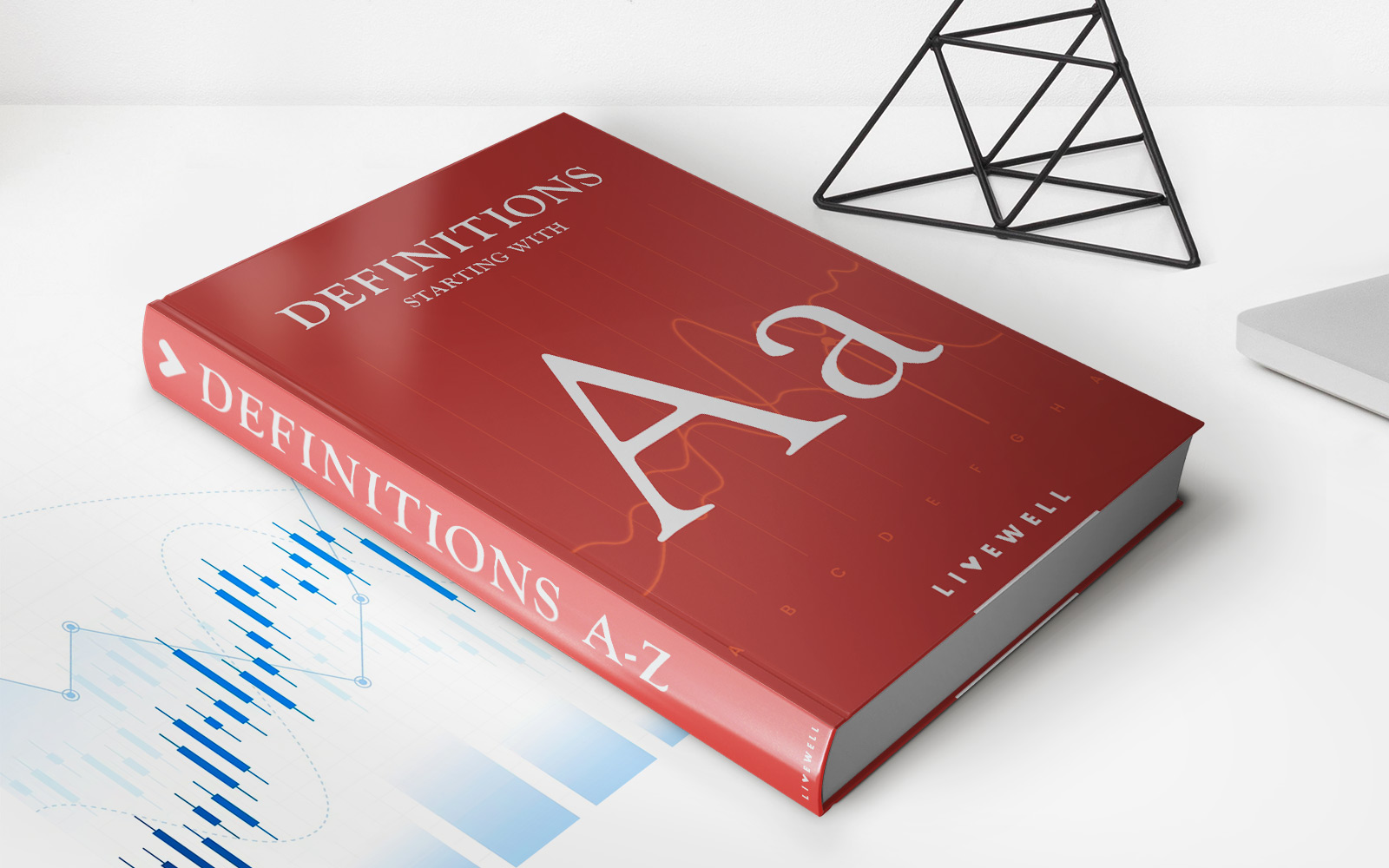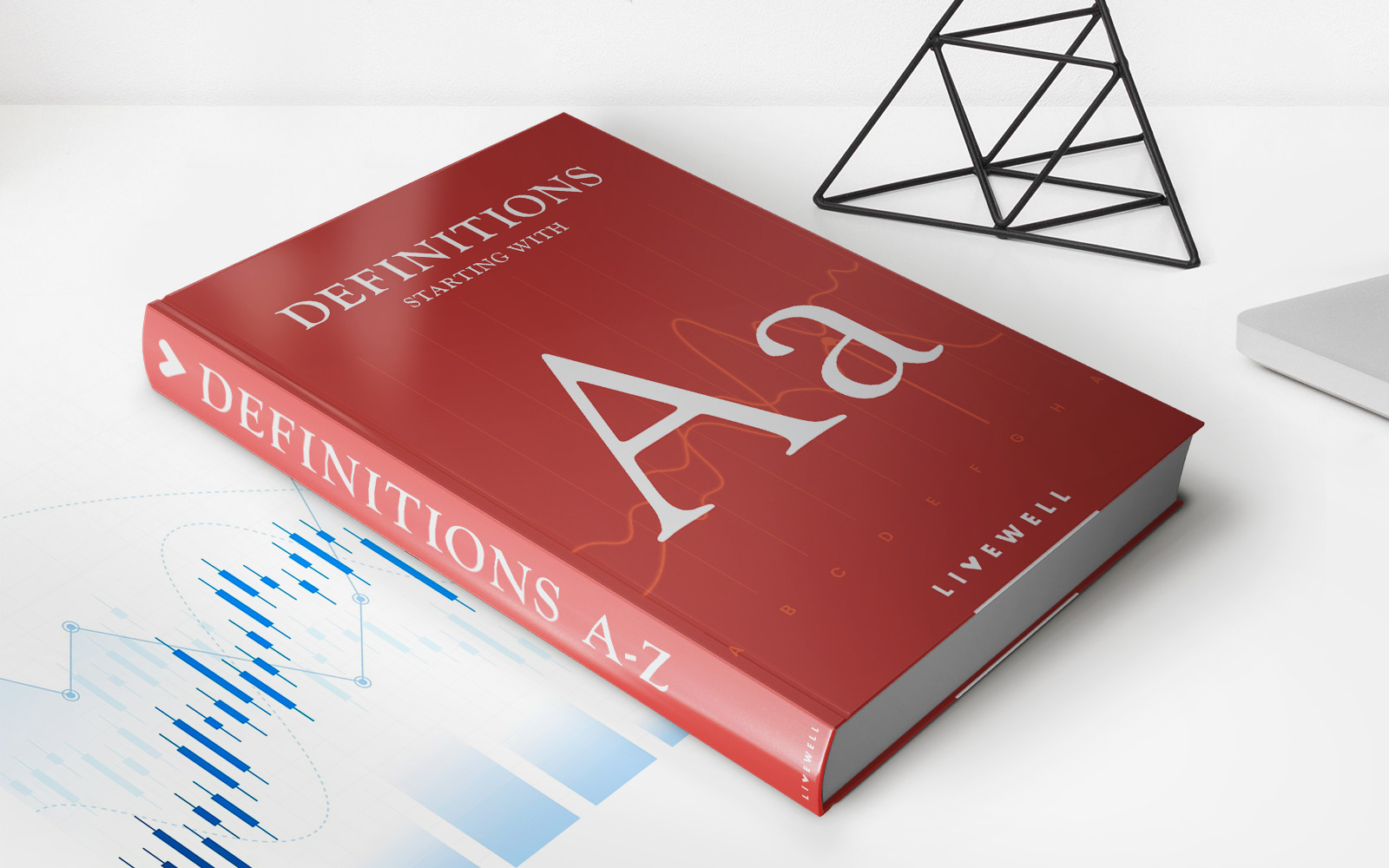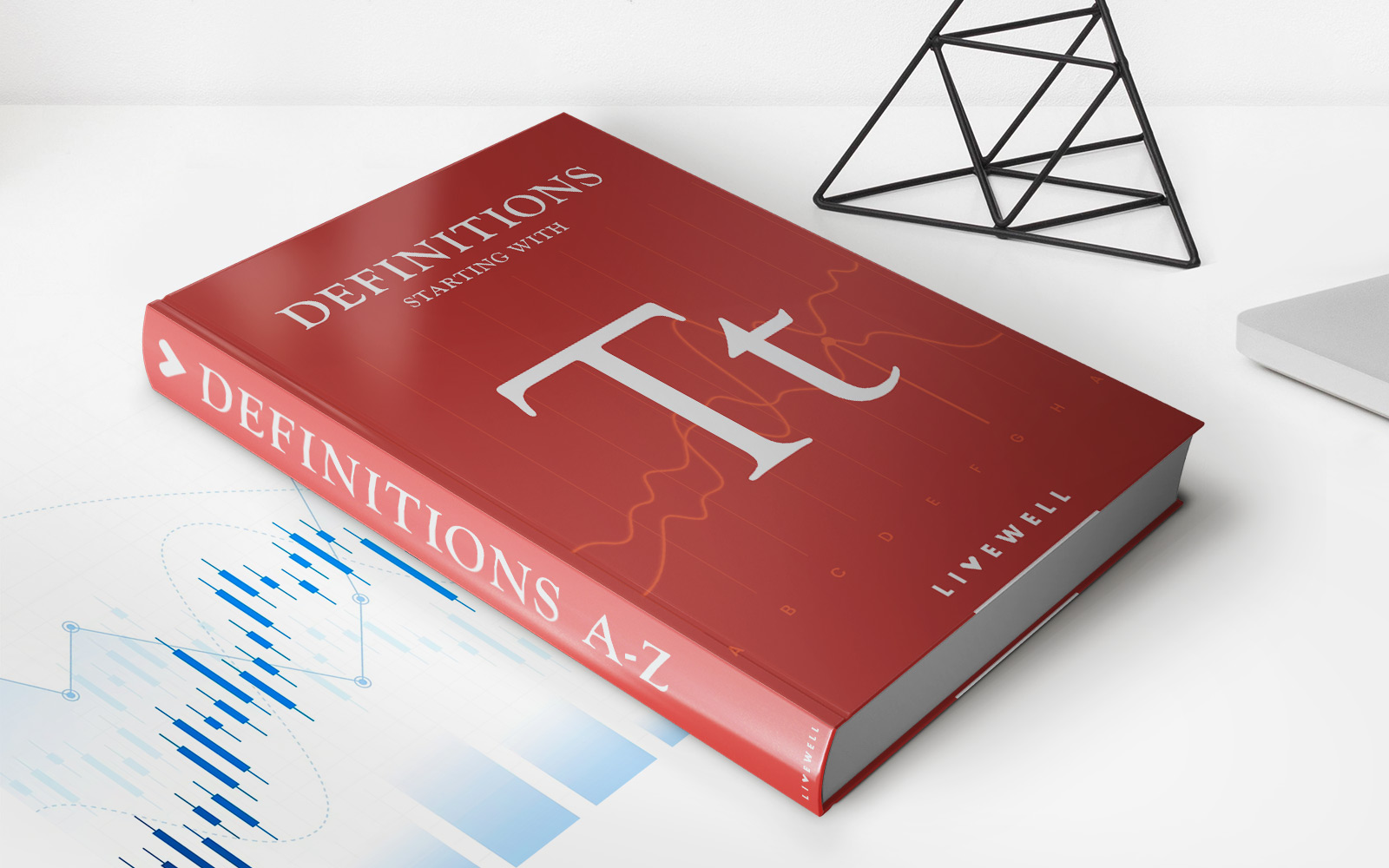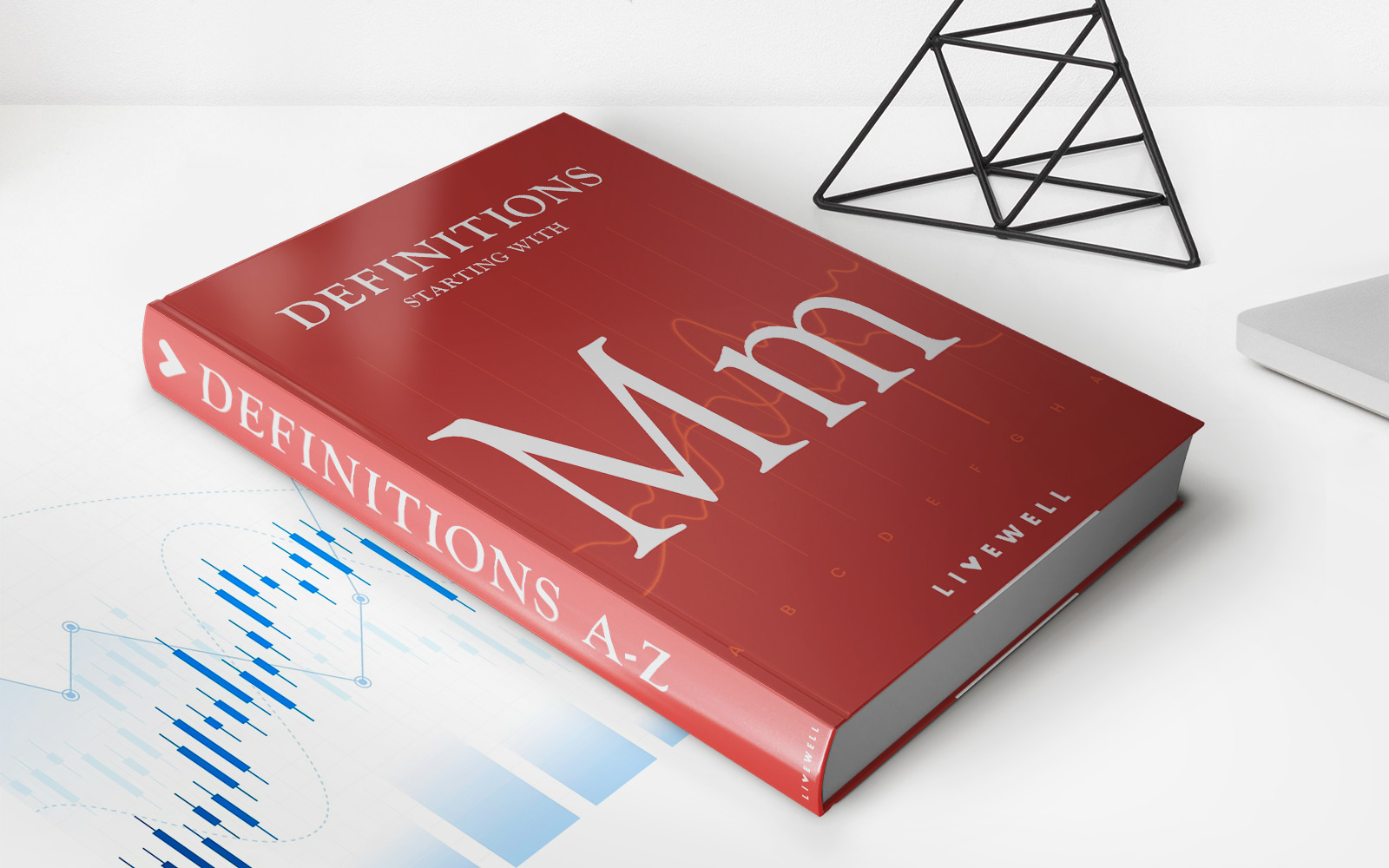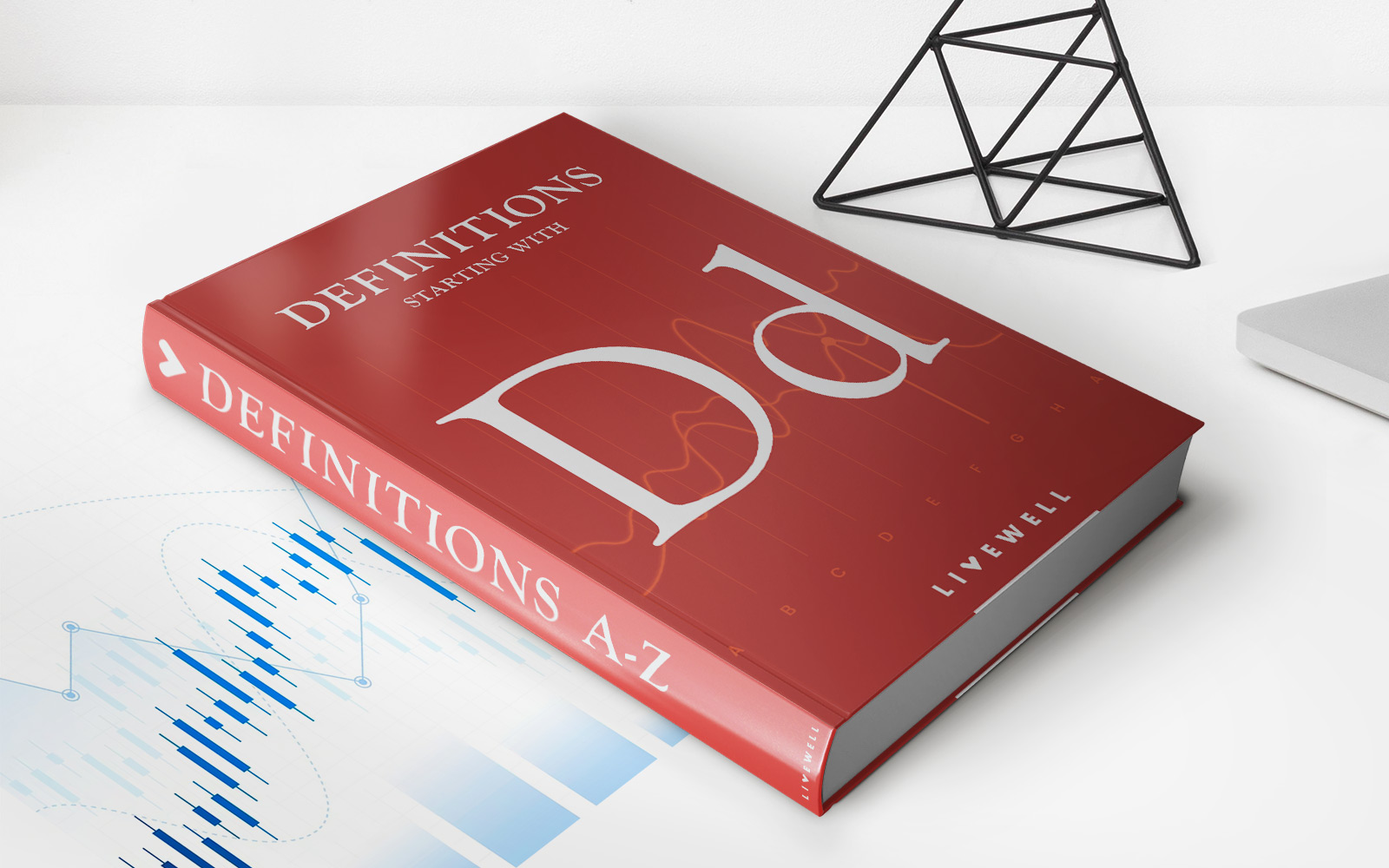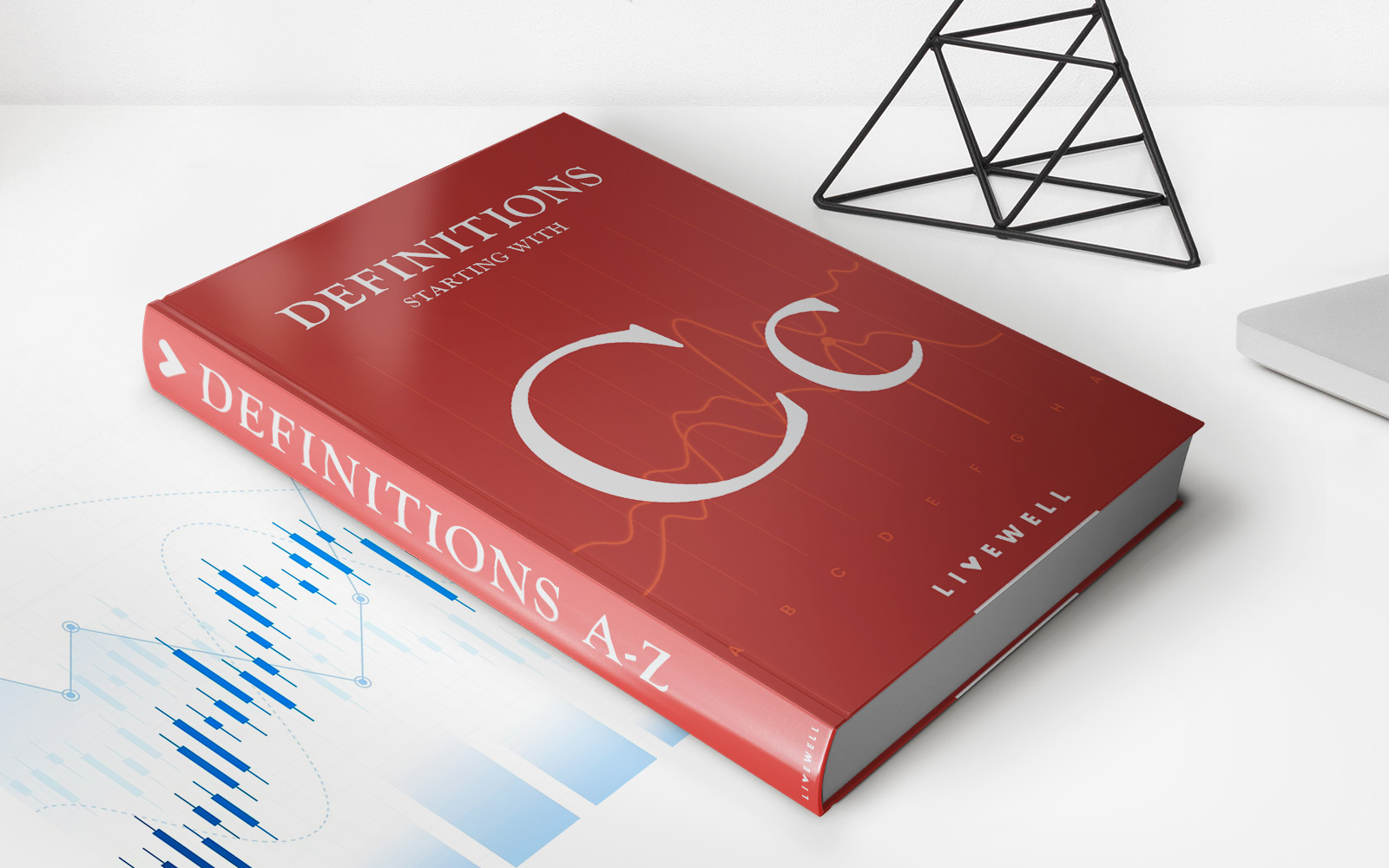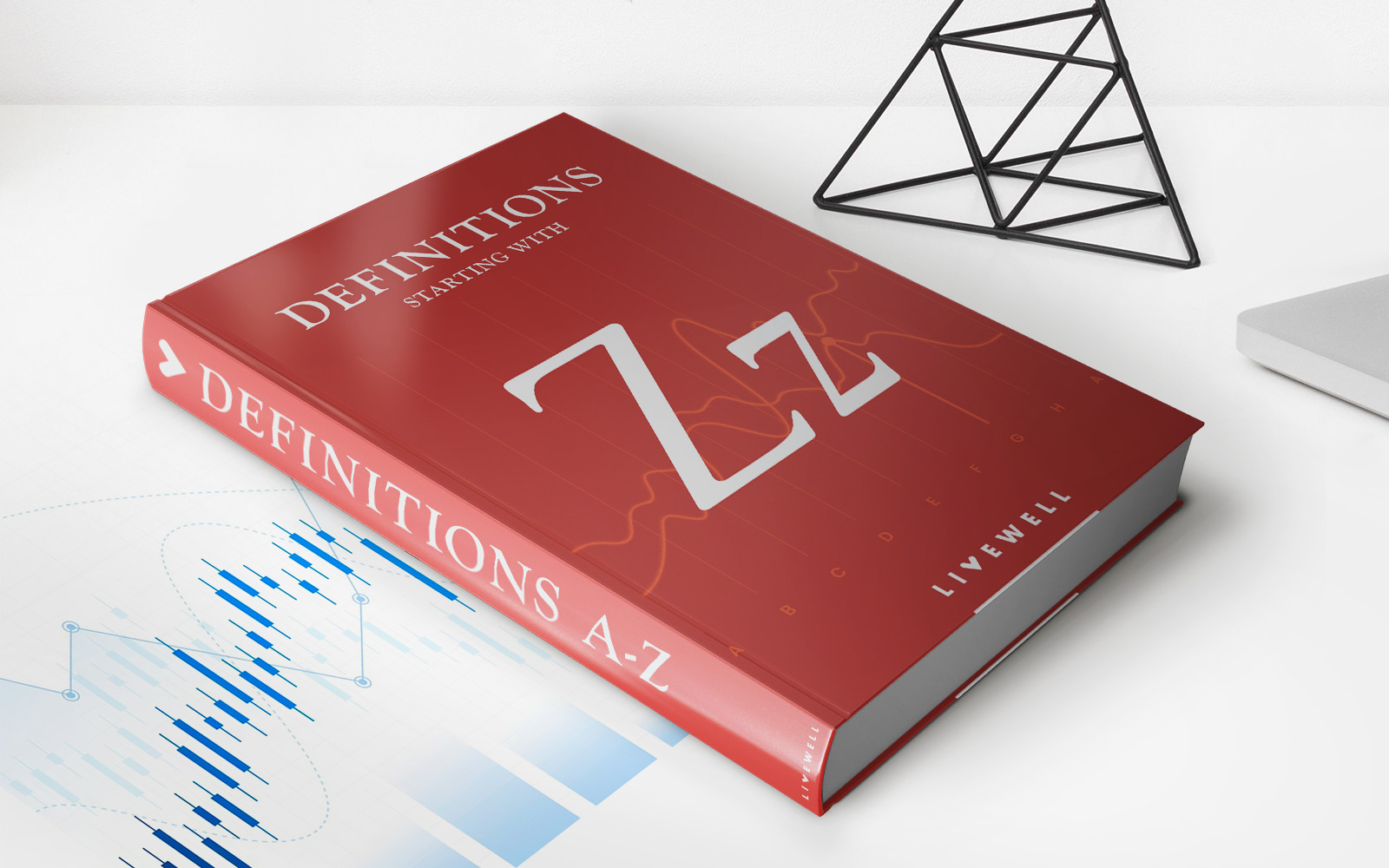Home>Finance>Event Study: Definition, Methods, Uses In Investing And Economics
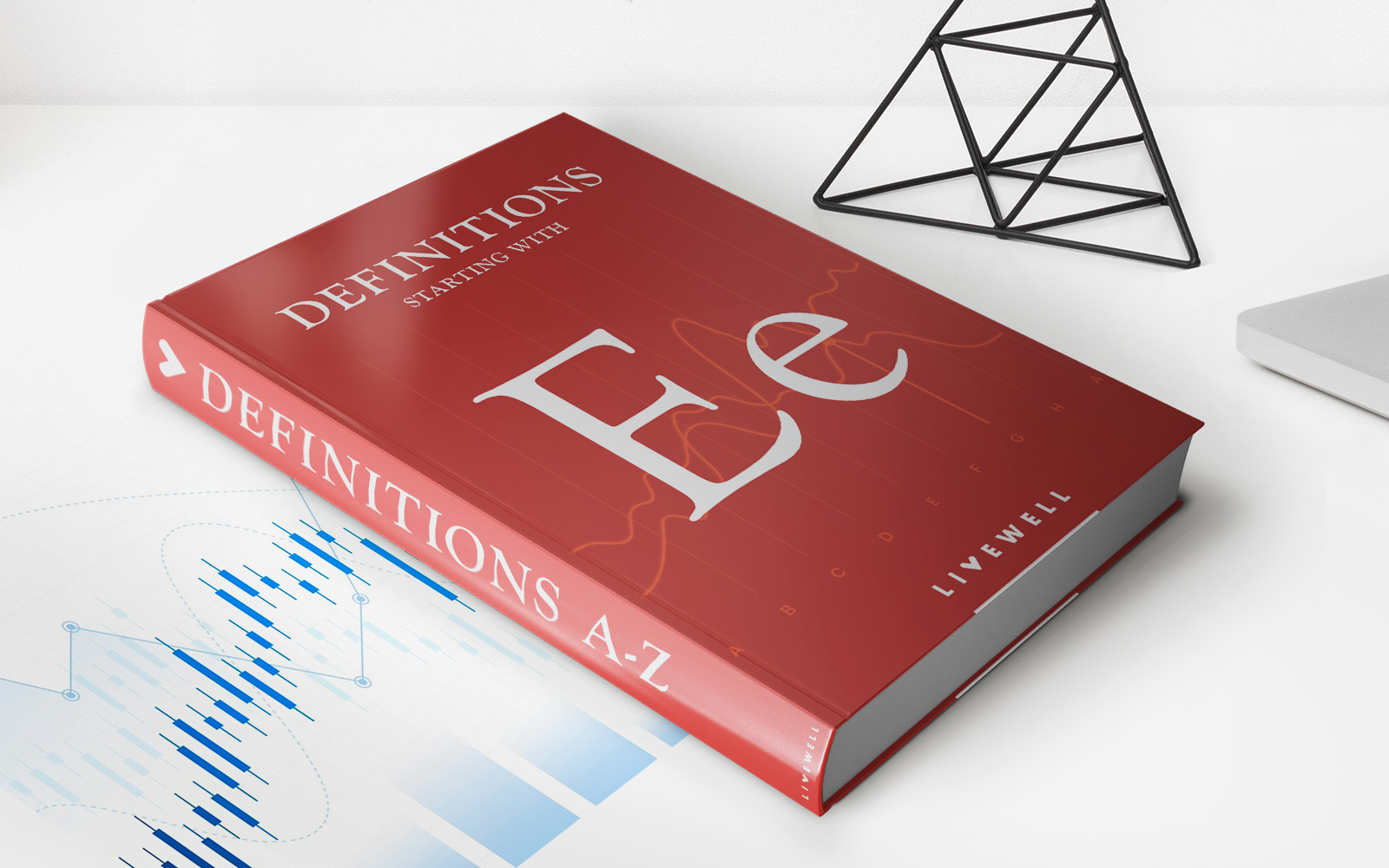

Finance
Event Study: Definition, Methods, Uses In Investing And Economics
Published: November 20, 2023
Learn about event studies in finance, including their definition, methods, and applications in investing and economics. Gain insights into how events impact the financial market.
(Many of the links in this article redirect to a specific reviewed product. Your purchase of these products through affiliate links helps to generate commission for LiveWell, at no extra cost. Learn more)
Event Study: Definition, Methods, Uses in Investing and Economics
In today’s ever-changing world of finance and investing, it is crucial to have access to accurate and timely information to make informed decisions. One method that has gained popularity among investors and economists alike is the event study. In this blog post, we will explore what an event study is, the methods used in conducting one, and its various applications in the field of finance and economics.
Key Takeaways:
- An event study is a statistical analysis that examines the impact of specific events on the price of stocks or other financial assets.
- Event studies can help investors and economists better understand the relationship between events and asset prices, as well as make more informed investment decisions.
So, what exactly is an event study? Essentially, it is a research technique that seeks to quantify the effects of specific events on financial assets. These events can range from major corporate announcements, such as mergers and acquisitions, to macroeconomic events like changes in interest rates or political developments.
To conduct an event study, researchers typically follow a set of specific steps:
- Data Collection: Gathering relevant data on the event of interest, such as the event date, stock prices, and other market variables.
- Event Window Selection: Defining the period before and after the event that will be analyzed to observe any abnormal returns.
- Estimation of Expected Returns: Calculating the expected returns for each stock during the event window based on historical data or a benchmark index.
- Measuring Abnormal Returns: Subtracting the expected returns from the actual returns during the event window to identify any abnormal price movements.
- Statistical Analysis: Performing various statistical tests (e.g., t-tests) to determine the significance of the abnormal returns.
Event studies have numerous applications in both investing and economics. Here are a few examples:
- Investment Research: By conducting an event study, investors can gain insights into the potential impact of specific events on the prices of individual stocks or portfolios, allowing for more informed investment strategies.
- Company Valuation: Event studies can also be used to assess the effects of events on a company’s value, helping investors determine whether a particular event will create or destroy shareholder value.
- Regulatory Analysis: Governments and regulatory bodies often rely on event studies to evaluate the effectiveness of policy interventions or the impact of regulatory changes on financial markets.
- Academic Research: Event studies are widely used in academic research to examine various economic and financial hypotheses and test the efficiency of financial markets.
In conclusion, event studies play a crucial role in understanding the relationship between specific events and financial asset prices. Whether you are an investor, economist, or researcher, leveraging event studies can help you make more informed decisions and contribute to the advancement of finance and economics.
